Achieving peak performance requires fueling your body right. This FAQ page is designed to answer your most pressing questions about sports nutrition. Let’s get you on the path to achieving your athletic goals.
Is your question not covered? Click on the button below to email us your question?
Sports nutrition is crucial for maximising both athletic performance and overall well-being. The body’s energy requirements significantly increase during physical activity, and appropriate nutrition ensures that these demands are met efficiently. Optimal sports nutrition provides the necessary nutrients to enhance endurance, strength, and recovery, allowing athletes to train harder and recover faster. It also plays a pivotal role in preventing fatigue, reducing the risk of injuries, and supporting the immune system. Beyond performance, sports nutrition aids in maintaining a healthy body composition, promoting muscle growth, and supporting metabolic functions. In essence, prioritising sports nutrition is a cornerstone for achieving peak athletic performance, sustaining long-term health, and unlocking the full potential of every athlete.
Sports nutrition is important for all sports. In fact it is important for any kind of performance. An individualised nutrition plan can optimise health which will in turn enable you to train and recover efficiently. Maintaining energy balance supports the immune system which minimises sessions lost to illness and injury.
Sports nutritionists work with anyone who has the desire and commitment to work towards achieving their athletic potential whilst prioritising their health. Clients include professional athletes, amateur sports and fitness enthusiasts, and individuals engaged in various physical activities. Sports nutritionists tailor their expertise to meet the unique needs of each client, addressing factors such as training intensity, specific sport requirements, body composition goals, and overall health considerations. Whether working with athletes striving for peak performance or individuals pursuing fitness goals, a sports nutritionist plays a vital role in designing personalised nutrition plans, offering guidance on nutrient timing, hydration, and supplement use to ensure clients achieve their maximum potential in sports and physical activities.
Seeking the help and support of a sports nutritionist is especially crucial for youth athletes as they navigate the critical stages of physical development and athletic engagement. A sports nutritionist provides tailored guidance to meet the unique nutritional needs of growing bodies engaged in sports activities. Proper nutrition during these formative years is essential for developing a good relationship with food, achieving optimal performance, supporting healthy growth, and preventing injuries. A sports nutritionist educates young athletes on balanced dietary choices, the importance of proper hydration, and the role of key nutrients in fueling their bodies. Through helping to instil healthy eating habits long-term benefits can be reaped, fostering not only athletic success but also overall well-being. With a focus on individualised plans, a sports nutritionist ensures that youth athletes receive the necessary nutrients to thrive in their sporting endeavours while promoting a foundation for lifelong health.
Endurance athletes, who engage in prolonged and intense physical activity, benefit significantly from the expertise of a sports nutritionist. An understanding of the unique demands placed on the bodies of endurance athletes contributes to the provision of personalised nutrition plans to optimise performance. A sports nutritionist helps endurance athletes strategically fuel their bodies with the right mix of carbohydrates, proteins, and fats, ensuring sustained energy levels, enhanced stamina, and quicker recovery, whilst optimising health. Proper hydration and electrolyte balance are also key considerations, particularly for athletes involved in extended efforts. The guidance of a sports nutritionist enables endurance athletes to fine-tune their nutrition to match the demands of their specific sport, preventing fatigue, minimising the risk of overtraining, and ultimately contributing to improved endurance and overall athletic success. Advice on supplement use is also provided to ensure appropriate and beneficial use.
Sports nutritionists play a crucial role in guiding individuals through effective weight management strategies tailored to the unique needs of athletes. Whether an athlete is aiming to achieve optimal body composition for performance, or seeking to balance weight goals with athletic pursuits, a sports nutritionist provides expert guidance. The provision of an individualised nutrition plans emphasises the right balance of macronutrients and micronutrients whilst taking into account energy expenditure during training and competition. By focusing on sustainable dietary and lifestyle habits plus educating clients about portion sizes, nutrient timing, and the maintenance of muscle mass, sports nutritionists empower individuals to reach and maintain their weight goals while supporting overall athletic performance and well-being.
A dietitian has completed a degree in dietetics, which involves comprehensive education on medical nutrition therapy, clinical nutrition, and disease management. Dietitians often work in clinical settings and collaborate with healthcare professionals to address specific health concerns. On the other hand, a nutritionist is a broader term that may refer to individuals with various levels of education in nutrition, without necessarily holding a specific degree. Nutritionists often provide general advice on healthy eating and may work in diverse settings.
A sports nutritionist, while sharing foundational knowledge with dietitians and nutritionists, specialises in optimising nutrition for athletic performance. They possess expertise in tailoring nutrition plans to meet the demands of specific sports, considering factors like energy expenditure, nutrient timing, and hydration. Sports nutritionists work closely with athletes to enhance performance, prevent injuries, and support recovery. In summary, while dietitians have a clinical focus, nutritionists offer general nutritional guidance – potentially focusing in a specific area, and sports nutritionists specialise in optimising nutrition for athletes.
Book a short no-obligation meeting to assess your needs and discuss the best way to proceed.


